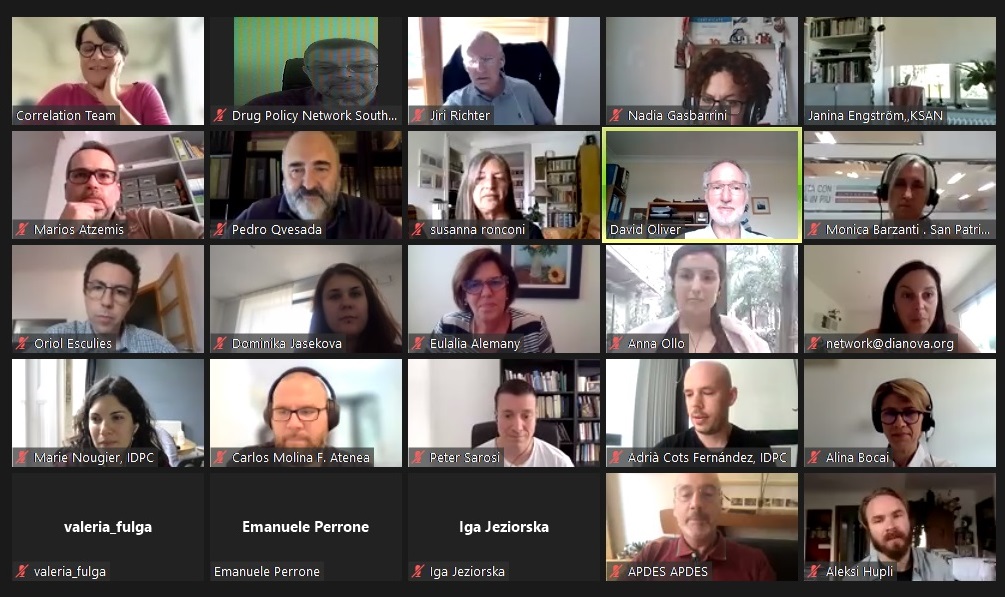The Eurasian Harm Reduction Association (EHRA) have published the report Republic of Serbia: Benchmarking Sustainability of the HIV Response in the Context of Transition from donor to domestic funding.
The aim of this analysis is to assess the fulfilment of HIV-related sustainability commitments given by the Government of Serbia in the context of the country’s transition from Global Fund support to national funding and uses the EHRA methodology, Benchmarking Sustainability of the HIV Response in the Context of Transition from Donor Funding which seeks to evaluate the achievement of the commitments by the Serbian Government to ensure the sustainability of HIV programmes. As a part of this study, the government’s commitments have been identified and prioritised and data collected to inform the extent to which those commitments have been fulfilled as planned.
Overall, the Government of the Republic of Serbia has shown moderate progress in fulfilling its transition and sustainability-related commitments. During the assessment, the commitments made by different health system domains have been reviewed, as well as the status of commitments made by different HIV programmatic areas. Out of 6 health system domains, significant progress was achieved in service delivery and human resources; average progress in drugs, supplies and equipment, and in data and information; while moderate progress has been made in health financing; and fairly low progress in governance.

With respect to programmatic areas, significant progress has been made concerning human rights, while substantial progress has been made in the fulfilment of the commitments related to prevention, treatment and support.
This publication was prepared by Maja Stošić, MD, PhD, EHRA Consultant.
The publication was published within the framework of the regional project called “Sustainability of Services for Key Populations in Eastern Europe and Central Asia” which is carried out by the Alliance for Public Health, in a consortium with the 100% Life (All-Ukrainian Network of PLWH), the Central Asian HIV’ Association and the Eurasian Key Populations Health Network with the aid from the Global Fund to Fight AIDS, Tuberculosis, and Malaria.
To access the report, follow this link>>>.
EHRA will hold a Webinar to present the assessment framework, methodology and results following by the discussion with webinar participants on Thursday 21 September at 14:00 Belgrade time. If interested, please register at https://us02web.zoom.us/meeting/register/tZAtd-ivrzkqH9xWxSzIjWS3Gbh8n361iNqI.

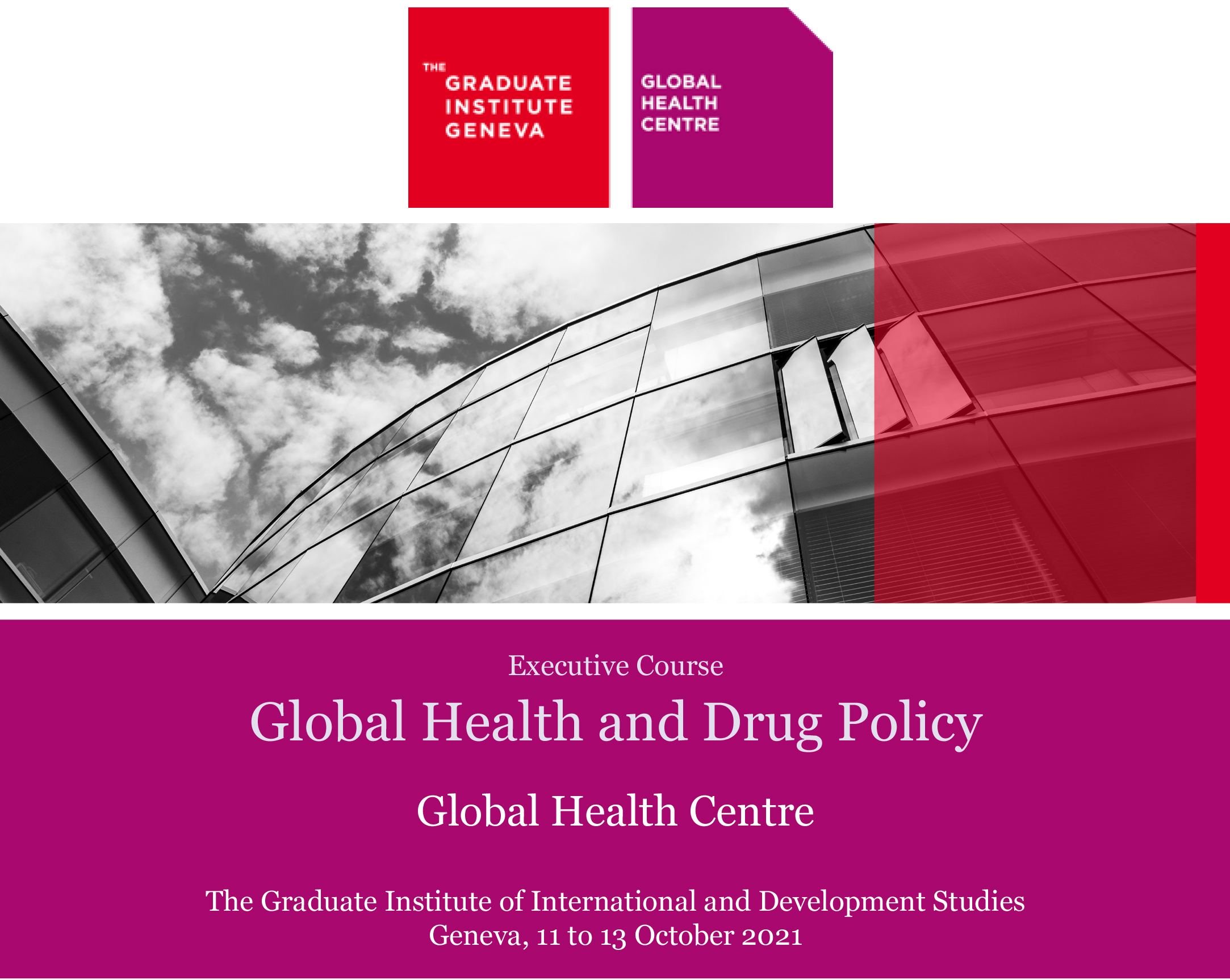

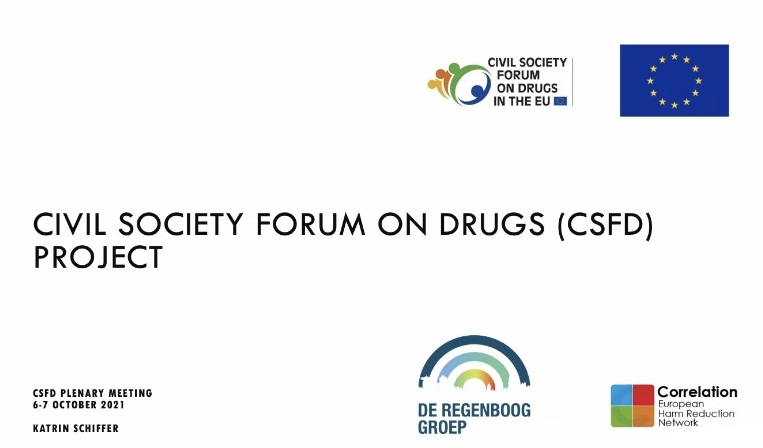
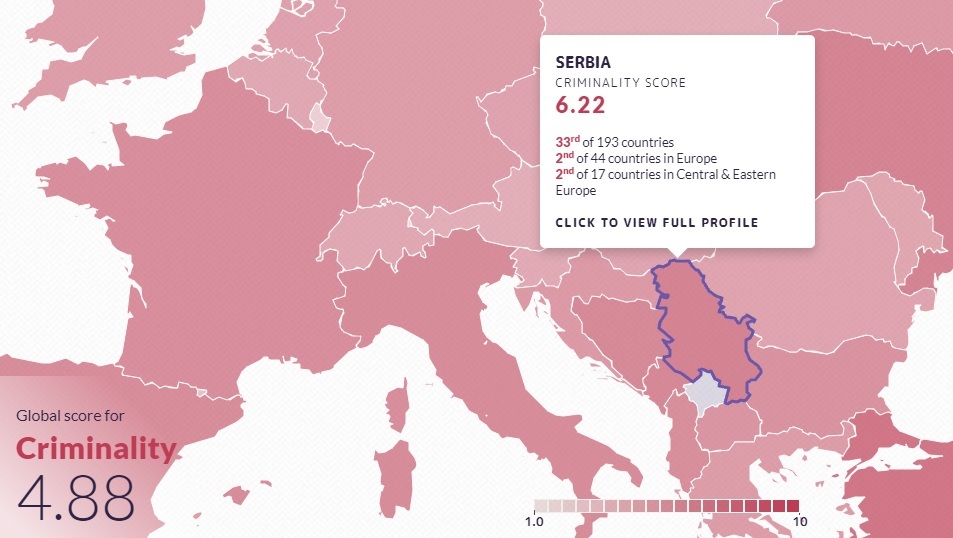
 The Index is the result of a two-year endeavour to evaluate levels of crime and resilience. Through this data, it is hoped that the Index will help inform a truly global response to the pervasive threat of transnational organized crime.
The Index is the result of a two-year endeavour to evaluate levels of crime and resilience. Through this data, it is hoped that the Index will help inform a truly global response to the pervasive threat of transnational organized crime.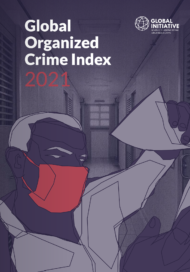 The Global Organized Crime Index is available
The Global Organized Crime Index is available 
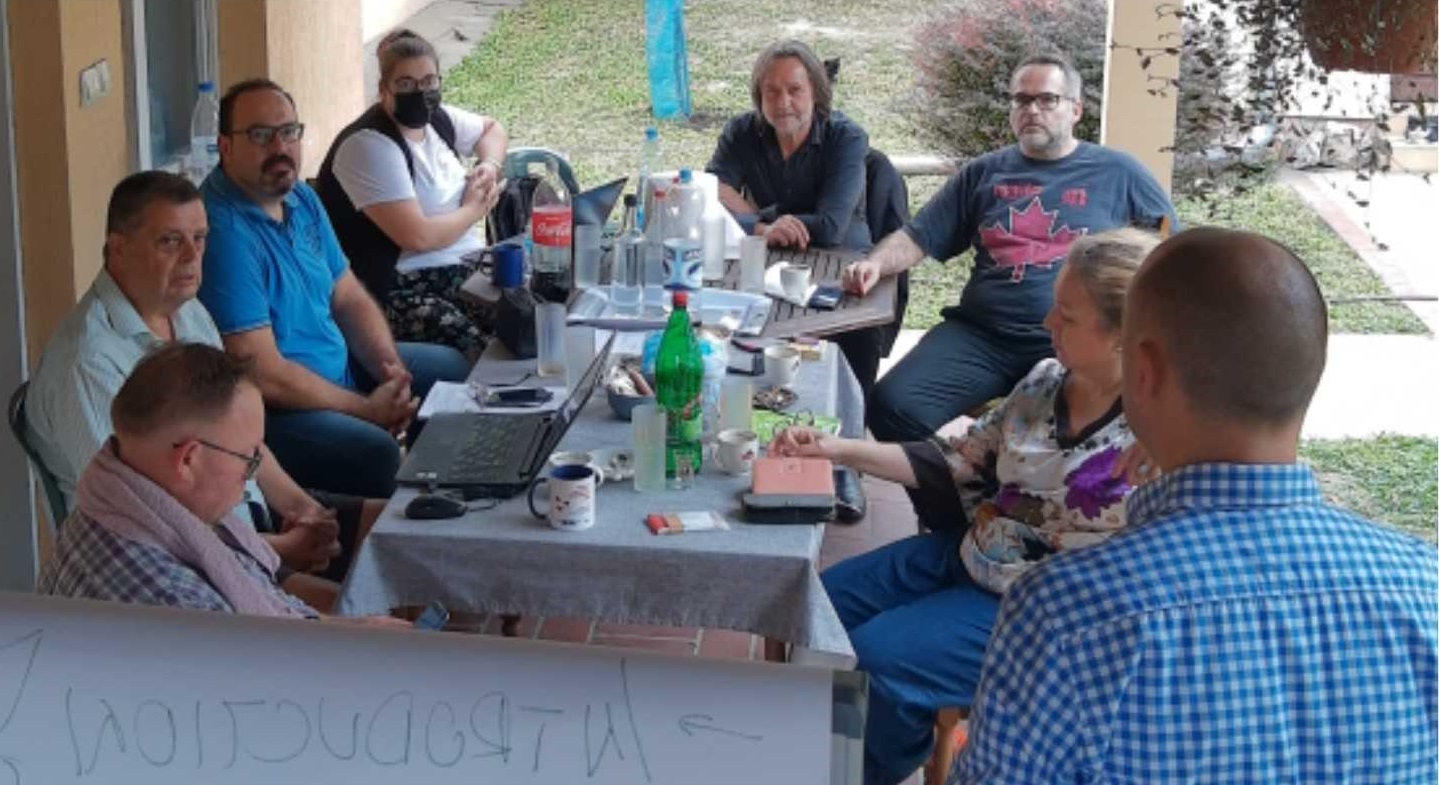
 At its meeting held from 16 to 18 September 2021, the DPNSEE Board had a very interesting and fruitful session with TACSO consultant Nenad Čelarević on Strategy review. Basis for the discussion was the draft strategic framework document prepared by the
At its meeting held from 16 to 18 September 2021, the DPNSEE Board had a very interesting and fruitful session with TACSO consultant Nenad Čelarević on Strategy review. Basis for the discussion was the draft strategic framework document prepared by the 



 The DPNSEE Board met for the first time since the outbreak of the coronavirus pandemic! Finally, we have the Board together in Belgrade, from 16 to 18 September 2021.
The DPNSEE Board met for the first time since the outbreak of the coronavirus pandemic! Finally, we have the Board together in Belgrade, from 16 to 18 September 2021.